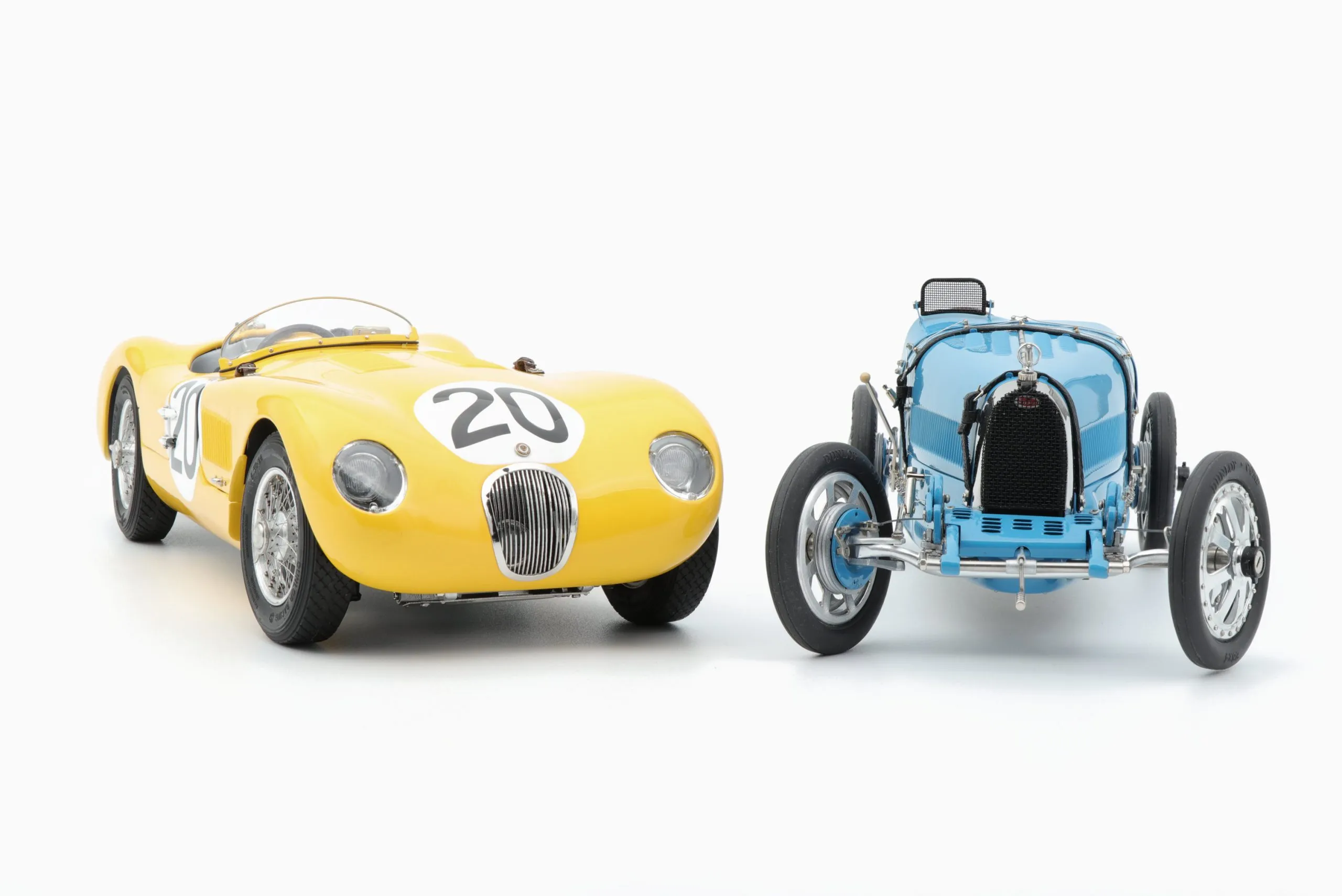What are Diecast Stores
Diecast stores are specialized retail locations that primarily sell diecast models. These models are miniature replicas of vehicles, typically cars, trucks, airplanes, and other forms of transportation, made using a die-casting process. This involves pouring molten metal (often zinc alloys) into molds to create intricate and detailed models. Diecast stores cater to a wide audience, including collectors, hobbyists, and enthusiasts who appreciate the craftsmanship, detail, and historical significance of these miniature vehicles. They offer a tangible way to engage with a passion for automobiles and other vehicles, and they serve as community hubs for sharing knowledge and enthusiasm. Diecast stores may carry a variety of scales and brands, catering to different collecting preferences. The selection available at any particular diecast store can vary greatly.
The History of Diecast Stores
The history of diecast stores is closely tied to the development of diecast models themselves. The die-casting process emerged in the early 20th century, and it quickly became a popular method for manufacturing toys and model vehicles. Early diecast models were often crude, but as technology advanced, so did the detail and realism of these miniatures. The rise of diecast stores paralleled the growing popularity of model collecting. As more people began to collect these models, the need for specialized retail locations emerged. Early diecast stores may have been smaller operations, often run by enthusiasts. Over time, they evolved into more established businesses, offering a wider selection of models and accessories. Many diecast stores now have a strong online presence as well, with e-commerce platforms that allow them to reach a global audience of collectors and hobbyists. Their history reflects the changing interests of car enthusiasts.
Evolution of Diecast Models
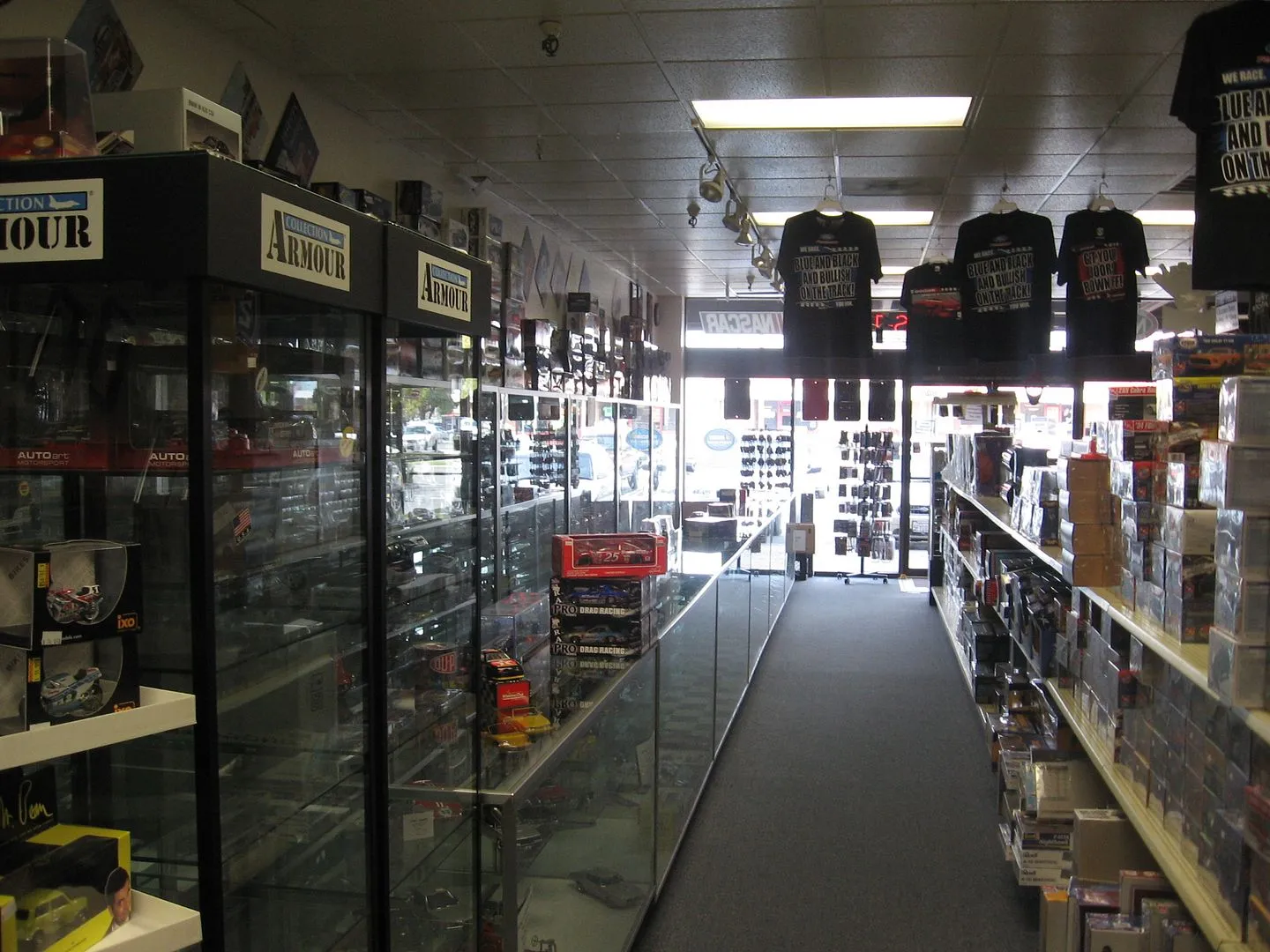
The evolution of diecast models has been marked by significant advancements in manufacturing technology and a growing focus on realism and detail. Early models were often simple, with limited features and less attention to accuracy. Over time, manufacturers began to incorporate more intricate details, such as opening doors, detailed interiors, and accurate paint schemes. The use of die-casting alloys allowed for the creation of complex shapes and designs. The incorporation of plastic and rubber components added to the realism. The expansion of diecast collecting made a great demand for increased detail, pushing for more accurate replicas. Today’s diecast models are often highly detailed replicas, reflecting specific makes, models, and even individual vehicles. They come in various scales. The evolution of diecast models continues, with manufacturers constantly seeking new ways to improve detail, accuracy, and the overall collecting experience.
Where to Find Diecast Stores Near You
Finding diecast stores near you involves using online search tools and exploring local resources. A simple online search using terms like “diecast stores near me” or “model car shops” is a good starting point. Search engines can identify stores based on your location, providing addresses, phone numbers, and often, websites or social media profiles. Another good resource is online mapping applications, which allow you to search for businesses within a specific area. Many diecast stores will have a physical presence. Checking local business directories, such as Yelp or Google Maps, can also be helpful. These directories often feature customer reviews and ratings, providing insights into the quality of the stores and the models they offer. Word-of-mouth recommendations from fellow collectors can also be valuable. Many collectors are happy to share their favorite locations or provide advice to those new to the hobby.
Online Diecast Retailers
Online diecast retailers offer a convenient way to browse and purchase diecast models from the comfort of your home. These retailers come in various forms, from established online stores run by major hobby distributors to smaller, independent shops that specialize in specific brands or scales. When shopping online, it’s important to research the retailer. Check for customer reviews, look at their return policies, and ensure they offer secure payment options. The advantages of online retailers include a wide selection of models, competitive pricing, and the ability to shop from anywhere. Many online retailers have detailed product descriptions, high-quality photos, and customer reviews to help you make informed purchasing decisions. They often have exclusive models and limited editions that might not be available in brick-and-mortar stores. Be aware of shipping costs, and be sure to factor in potential import duties if you’re purchasing from an international retailer. Compare prices across different retailers to find the best deals.
Specialty Diecast Shops
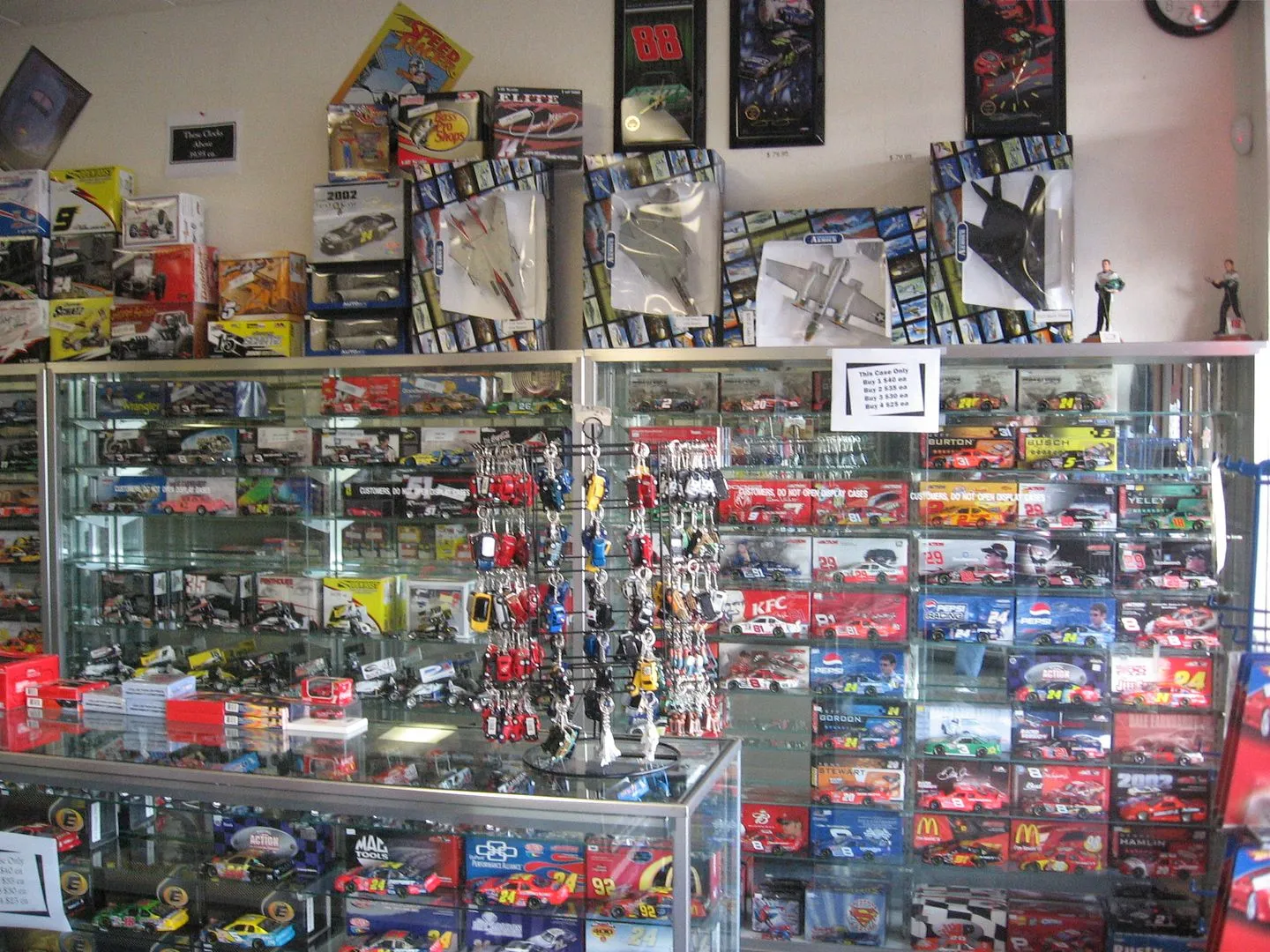
Specialty diecast shops cater to specific interests within the world of model collecting. These shops focus on a particular niche or a specific brand. This specialization allows them to offer a curated selection of models, often including rare or hard-to-find items. Some shops focus on models of vintage cars, while others specialize in modern sports cars or trucks. They might carry only models in a specific scale, such as 1:18 or 1:43. Specialty shops often have a deep knowledge of their niche. They can offer expert advice and guidance to collectors. These shops can be a great resource for collectors looking for unique or specific models, or for those who are passionate about a particular brand or type of vehicle. Specialty shops are a great way to delve deeper into the hobby. They often cultivate a sense of community among collectors. This can be a great way to meet other enthusiasts and share your passion.
Tips for Finding the Best Diecast Stores
Finding the best diecast stores requires some research and consideration. Start by reading online reviews and ratings from other collectors. These reviews can provide insights into the store’s selection, customer service, and overall reputation. Visit multiple stores to compare their offerings. Consider the variety of models and brands available, the prices, and the overall atmosphere. Look for stores that offer a good selection of the models you’re interested in. A well-organized store with knowledgeable staff can enhance your collecting experience. Make sure the staff members are passionate. Another thing to consider is the store’s location. Determine how convenient it is for you to visit regularly. Look for stores that host collecting events or have active social media presence. This demonstrates the store’s commitment to the hobby and its community.
Customer Reviews and Ratings
Customer reviews and ratings are an essential resource when evaluating diecast stores. They provide valuable insights into the experiences of other collectors and can help you make informed decisions. Check online platforms such as Google Reviews, Yelp, and dedicated collecting forums for reviews. Look for patterns in the feedback. Is the store known for its excellent customer service, wide selection, or fair prices? Be sure to consider the date of the reviews. Recent reviews are more likely to reflect the current state of the store. Pay attention to the details mentioned in the reviews. What specific models were mentioned, and what were the customers’ experiences like? Negative reviews can be just as valuable as positive ones. They can highlight potential issues or areas where the store may need improvement. Reading reviews is an important step in finding the diecast stores that best suit your collecting interests.
The Value of Collecting Diecast Models
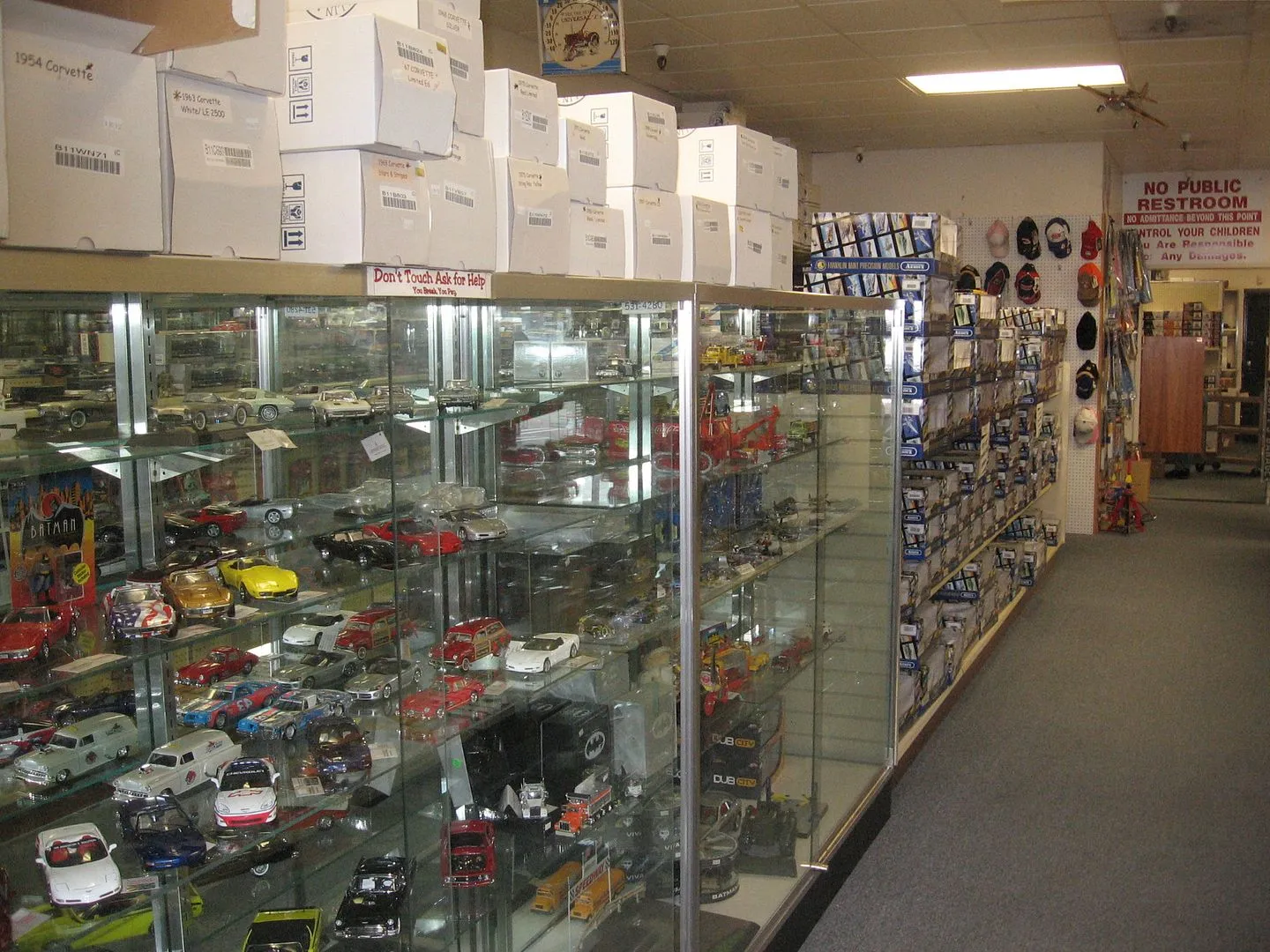
Collecting diecast models offers a variety of benefits that extend beyond the simple acquisition of miniature vehicles. For many collectors, it’s a way to connect with their passion for cars, trucks, and other vehicles. Diecast models allow enthusiasts to appreciate the design, engineering, and history of their favorite vehicles. The investment in these models can be financially rewarding, as certain rare or limited-edition models can appreciate in value over time. The hobby is also a great stress reliever. It involves engaging in a detailed and focused activity that can be relaxing and enjoyable. The sense of community is another important aspect. Collectors often enjoy sharing their collections with others, attending shows and events, and connecting with fellow enthusiasts. It also provides educational opportunities. Collecting often leads to research and learning about the vehicles being collected. The value of collecting is a unique and personal experience.
Factors Affecting Diecast Model Prices
Several factors influence the prices of diecast models, including the model’s rarity, condition, brand, scale, and historical significance. Rare and limited-edition models, often produced in small quantities, tend to command higher prices. The condition of the model is also a critical factor, with models in pristine condition generally being more valuable than those with damage or wear. Well-known brands, like Hot Wheels, or high-end manufacturers often have higher prices. The scale of the model impacts its price. The historical significance of the vehicle can also affect its value. Models of classic cars or vehicles with significant historical importance may be more valuable. The packaging and any accompanying documentation also play a role. The market demand for a particular model is another consideration. Models that are popular among collectors may command higher prices. Understanding these factors can help you evaluate the value of a diecast model.
Popular Diecast Model Scales
Diecast models come in various scales, each representing a different proportion of the actual vehicle size. The most popular scale for diecast models is 1:18, which means that the model is 1/18th the size of the real vehicle. This scale is popular for its detail and size, allowing for intricate designs and features. Other common scales include 1:24, 1:43, 1:64, and 1:87 (also known as HO scale). Each scale caters to different collecting preferences and display needs. 1:43 is often used for models of racing cars. 1:64 scale is particularly popular with Hot Wheels. HO scale is popular with model railroad enthusiasts. The choice of scale often depends on personal preference, display space, and the types of vehicles you collect. The variety of scales offers collectors different options for displaying and enjoying their collections. Each scale has its own appeal and caters to different interests.
The Appeal of Diecast Collecting
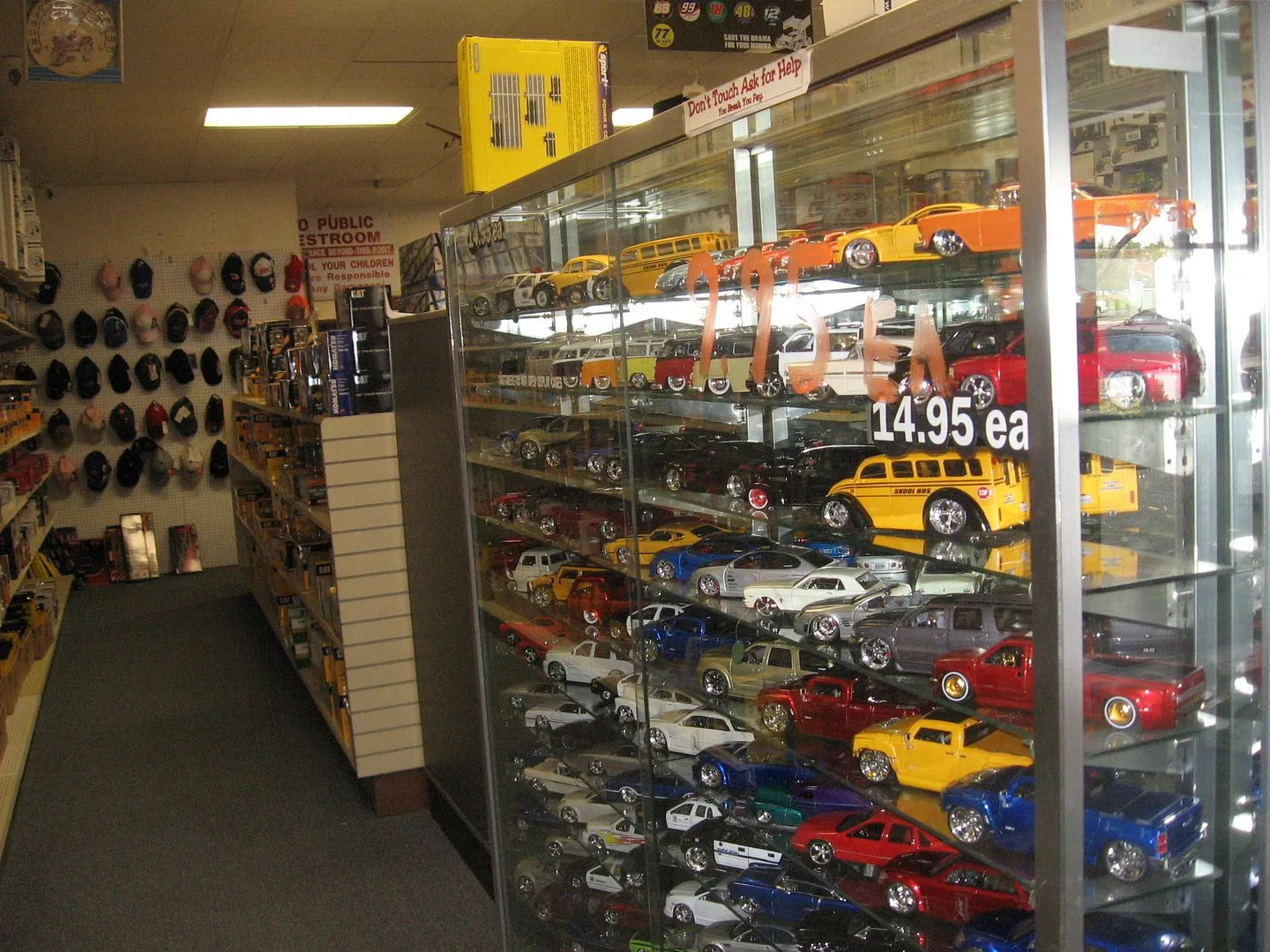
The appeal of diecast collecting is multifaceted and attracts a diverse range of enthusiasts. For many, it is an opportunity to recapture childhood memories and relive the joy of playing with toy cars. Collecting offers a connection to history, allowing enthusiasts to own miniature replicas of vehicles that represent different eras and technological advancements. The detailed craftsmanship of diecast models is a significant draw. The intricate designs and attention to detail are often highly impressive. Diecast collecting also allows people to connect with like-minded enthusiasts, building a sense of community and shared passion. The hobby can also be a form of investment, with some models appreciating in value over time. The ongoing quest to find rare and unique models adds to the excitement. The thrill of the hunt and the satisfaction of completing a collection are powerful motivators. The appeal of diecast collecting is as varied and personal as the models themselves, making it a hobby that can be enjoyed by anyone with a passion for vehicles and miniature craftsmanship.
